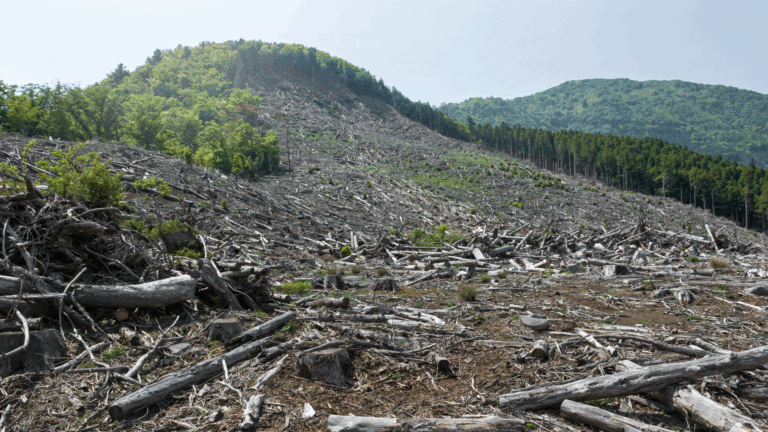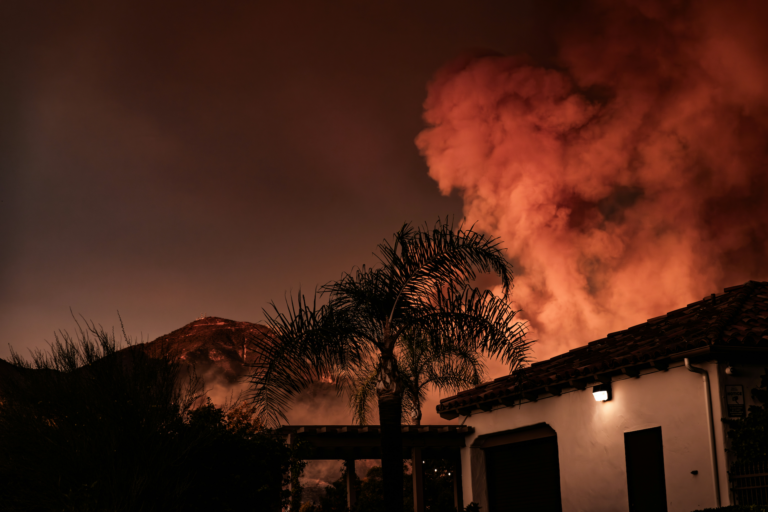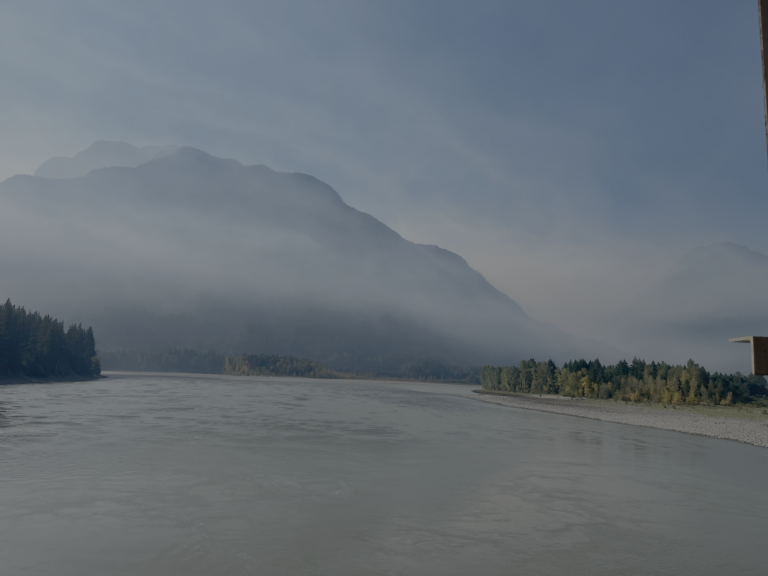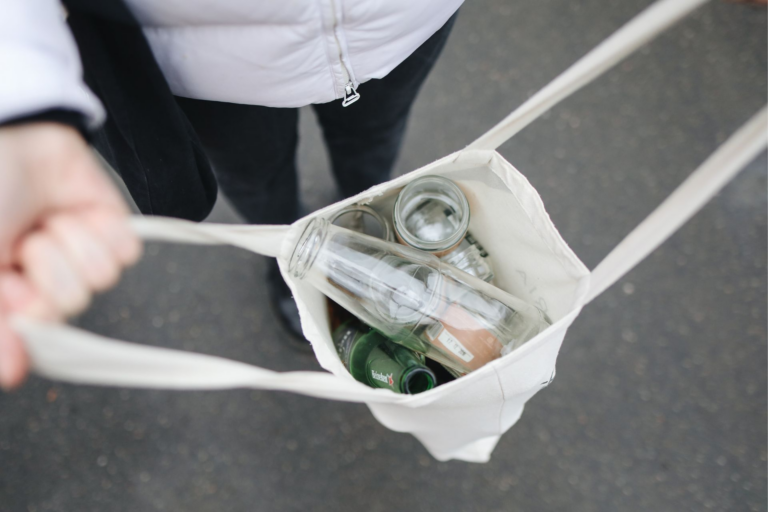Climate & Environment
-

Fast-tracking mining in B.C. without repeating past mistakes
B.C. is pushing mineral mining to meet clean energy demand, but UBC experts stress the need to balance growth with Indigenous rights and the environment.
-

Why these hairy caterpillars swarm every decade – then vanish without a trace
Western tent caterpillars swarm in massive numbers every decade, then vanish. UBC’s Dr. Judith Myers shares insights from 50 years of research into their mysterious cycles.
-

New mega RNA virus may hold the key to mass oyster die-offs
UBC researchers uncover a massive new RNA virus in farmed Pacific oysters during a mass die-off in B.C., Canada.
-

‘Disease detectives’ discover cause of sea star wasting disease that wiped out billions of sea stars
UBC researchers have identified the bacterial culprit behind sea star wasting disease, solving a decade-long mystery and opening the door to recovery efforts for devastated marine ecosystems.
-

Clear-cutting linked to 18-fold rise in extreme floods, UBC study finds
New research finds long-term impacts on flood size and frequency decades after trees are removed
-

How to cool communities in the face of rising heat
UBC experts Drs Rachel H. White, Lorien Nesbitt and Sara Barron explain how smarter design and nature-based solutions can keep Canadians cool, safe and healthy.
-

Extreme heat and wildfire smoke is a risky combination, new study finds
The risk of death spikes when people are exposed to both elevated levels of fine particulate matter from wildfire smoke and temperatures above 26 C, new UBC research has found.
-

Wildfires could be harming our oceans and disrupting their carbon storage
Wildfires pollute waterways and could affect their ability to sequester carbon, recent University of British Columbia research shows.




